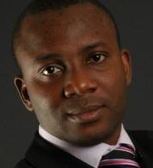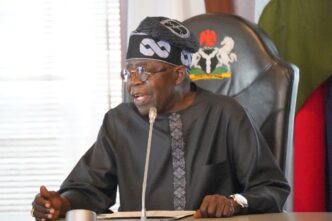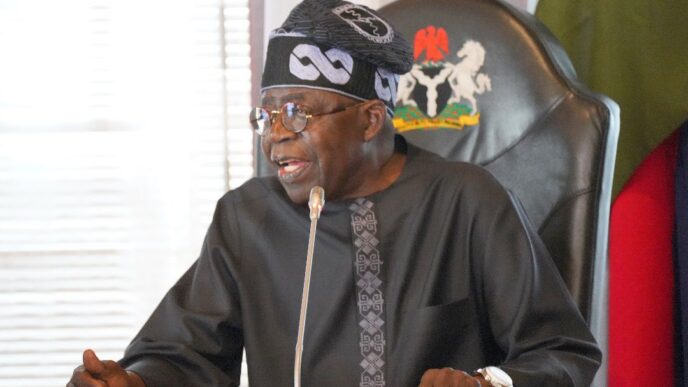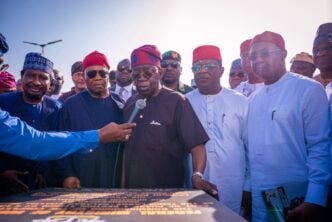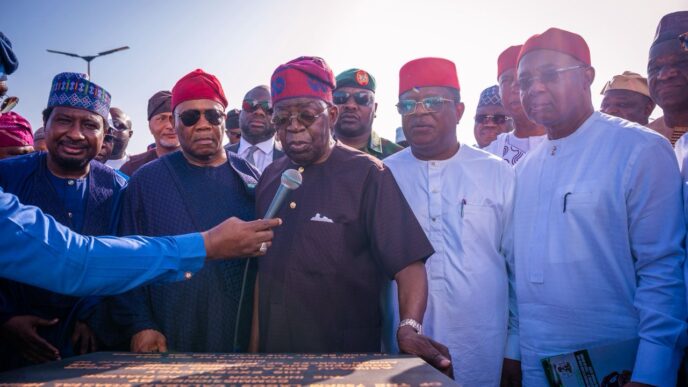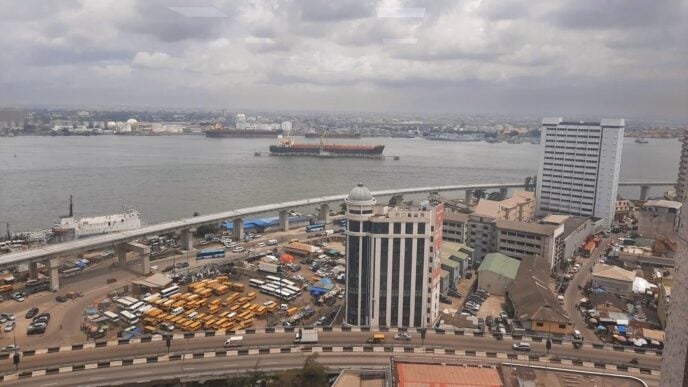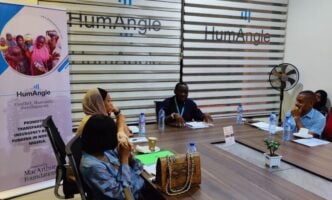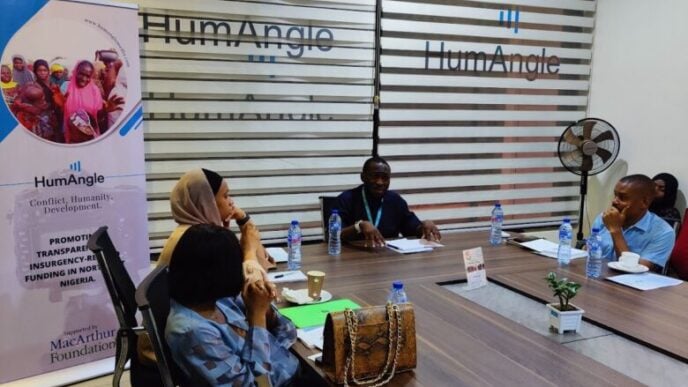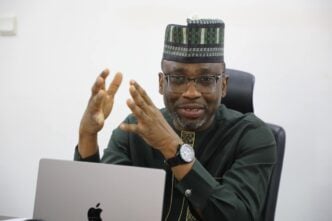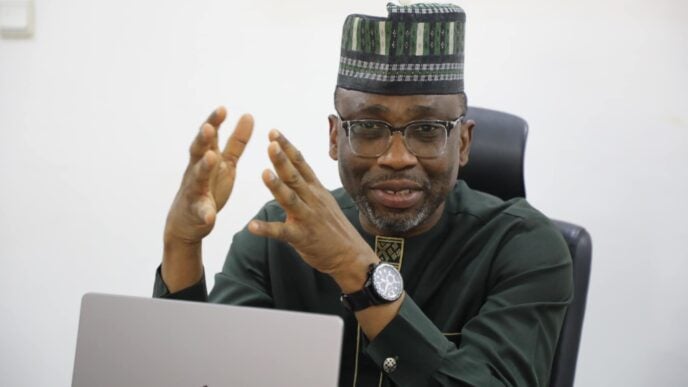Many people assume that money is the biggest obstacle to starting a business under the One Kindred One Business Initiative (OKOBI). They are wrong—and here’s why.
Since becoming Chief Economic Adviser to the Imo State Government in 2022, I have worked closely with microentrepreneurs across the state. This role has connected me with hundreds of aspiring business owners—rural dwellers, young people, and everyday Nigerians seeking economic freedom, especially through OKOBI, introduced in Imo State, Nigeria, under the leadership of Governor Hope Uzodimma. More than a policy, OKOBI is a movement, rooted in communal strength and a call to self-determination.
In a country like Nigeria, where formal employment opportunities remain limited, OKOBI offers a compelling alternative. It urges people to stop waiting for jobs and instead take control of their future through entrepreneurship. OKOBI promotes group-based entrepreneurship anchored in “kindred” relationships—flexible and inclusive groupings that may consist of family members, friends, alumni, or professional networks. What matters is a shared commitment to building something meaningful together.
What sets OKOBI apart is its flexible approach to ownership and contribution. Group ownership doesn’t require equal input. Some contribute capital, others bring skills, time, or networks. The structure is determined by the group itself, allowing diverse capacities to work in harmony. This model thrives on collaboration—pooling resources, sharing risks, and multiplying rewards.
Advertisement
Still, one myth stubbornly persists: that money is the main barrier to starting a business. I’ve heard this repeatedly from both aspiring entrepreneurs and those who want to support them. There’s a widely held belief that launching a business demands a large sum that only the wealthy or connected can afford. This belief is profoundly limiting.
Time and again, I’ve seen groups launch viable businesses with less than N800,000 (around $400). Ironically, communities frequently spend more on one-time social events—donations, parties, building dedications—than what it would cost to start a microenterprise. While these activities have value, investing the same amount into a small business can provide sustainable income and lift entire families. This isn’t about replacing generosity with enterprise; it’s about understanding that empowering people to earn has a lasting impact.
Meanwhile, many potential beneficiaries remain fixated on the lack of money. But in my experience, the real constraint often lies elsewhere. In informal experiments, I’ve offered to fund groups if they came up with business ideas. Surprisingly, many struggled, not due to lack of funds, but because they lacked clear ideas, plans, or the entrepreneurial mindset to transform capital into value. Without vision and direction, even generous funding can yield little impact.
Advertisement
This insight has informed the design of OKOBI’s support systems. The initiative’s grants are not handouts—they are readiness tests. Participants must articulate ideas, map operations, and show commitment. What many need most is not money, but guidance: help identifying viable opportunities, structuring operations, and developing confidence. That’s why OKOBI integrates business development support. These professionals bridge the gap between ambition and execution, helping groups turn concepts into functioning enterprises.
Currently, there are about 400 OKOBI businesses across Imo State, involving over 10,000 members. Each is a unique experiment in community entrepreneurship. Supporting them requires more than funding; it requires partnership. From designing business models to setting up governance systems, these ventures need nurturing. This isn’t handholding in the sense of dependency, but of empowerment—walking with people until they can walk alone.
If we are serious about tackling unemployment and promoting inclusive growth, we must reframe how we talk about entrepreneurship. Money is important, but it is not the beginning. Ideas, networks, trust, and strategy come first—and they’re often more accessible than we think. When we obsess over funding, we paralyse action. We discourage innovation, telling helpers they need deep pockets and entrepreneurs that they are too poor to begin. But when we flip this mindset and start with what we have—our relationships, skills, shared goals, and modest capital—we realise just how much is possible.
OKOBI shows what can happen when communities believe in themselves and receive the right support. It proves that the first step isn’t securing a loan; it’s a shift in thinking. Our most valuable resources aren’t always financial; they’re social and intellectual—our ability to collaborate, imagine, and persist.
So next time someone says they need millions to start a business, pause. Challenge that belief. Ask what they could do with far less. Encourage them to focus on what they can do now. And if you’re in a position to help, remember: your impact doesn’t depend on the size of your wallet, but on your willingness to engage meaningfully.
Advertisement
Money is not the problem. The problem is what we think we need before we start. The solution often begins with a conversation, a partnership, a kindred spirit, and the courage to take the first step.
Amaeshi is the Chief Economic Adviser to the Governor of Imo State. He is currently the Chair of Africapitalism and Economic Development Program at The New Institute, Hamburg, a professor of sustainable finance at the European University Institute, Florence, Italy, and a professor of business and sustainable development at the University of Edinburgh, United Kingdom.
Views expressed by contributors are strictly personal and not of TheCable.
